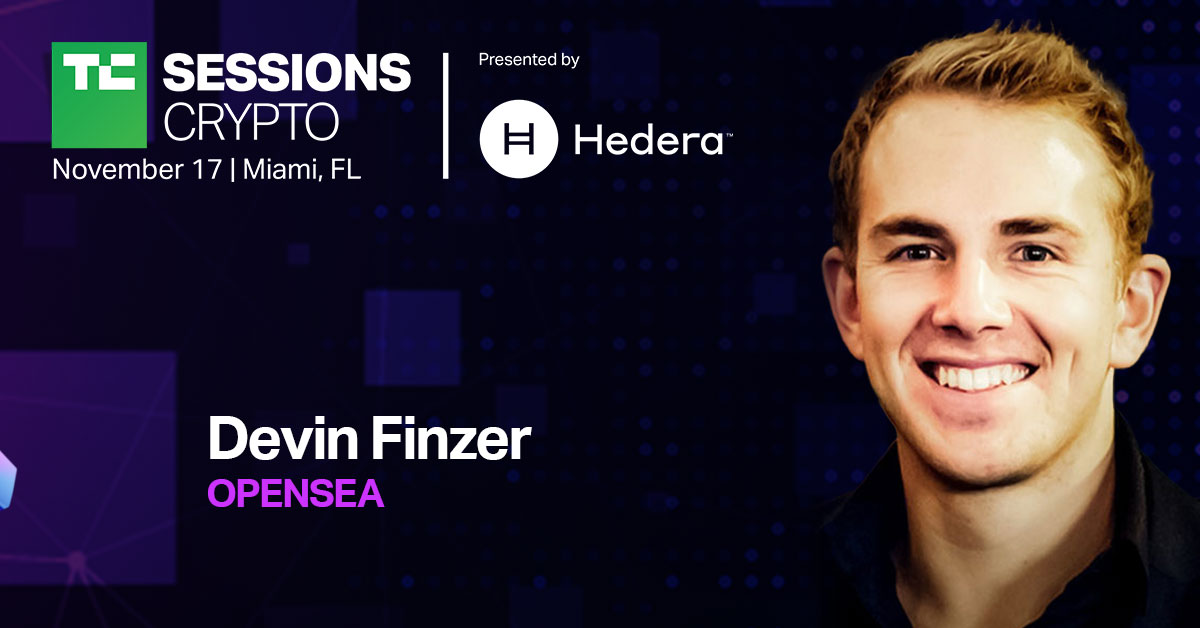Ex-Bain investor launches $30M web3 consumer VC fund as solo female founder • ZebethMedia
Magdalena “Mags” Kala, a self-described “lifetime degen,” is no stranger to beating the odds. Before she became an investor, she co-founded an all-female blackjack team that sought to exploit gender bias to make a profit through gaming, she told ZebethMedia in an interview. It’s fitting, then, that Kala was able to raise her first fund as a solo GP focused on early-stage consumer startups in the web3 space in just four months despite a broader downturn in the crypto market. Her Miami, FL-based firm, Double Down, blew past its initial fundraising target of $20 million in one month and closed its first fund with a total of ~$30 million this week, according to Kala. The fund has already made nine investments in web3 consumer startups, including Miami-based OnChain Studios, which makes Cryptoys, and Tally Labs, the company behind the Jenkins the Valet & Azurbala franchises. Kala’s fundraise is no small feat, especially considering that women are deeply underrepresented in venture capital, not to mention the added challenges that come with raising capital as a first-time fund manager in today’s depressed venture market. Women comprise less than 15% of decision-makers at VC firms — a number that’s almost certainly smaller in the crypto space, where less than 5% of entrepreneurs are women. Her success in putting together this fund is also, in part, a result of her deep background in the consumer space. She has been investing in consumer-facing companies for a decade on behalf of Bain Capital and its co-chair, Steve Pagliuca’s, family office. Kala said she decided to raise this fund as a “reluctant entrepreneur” after having conversations with investors and founders in web3 who encouraged her to leverage the relatively niche intersection of her interests in consumer and crypto. “I believe that the future of web3 is in consumer, and I recognize that one of the things that I think is limiting that is actually the lack of good storytelling and go-to-market strategies around that, and communicating the value to people who are outside of the crypto OG, crypto-native customer segments,” Kala said. “To me, it felt like a perfect investor-market fit, if you will … I thought, no one else in crypto was doing it, so I decided to launch the fund.” Double Down’s backers include crypto and venture heavyweights such as Chris Dixon and Marc Andreessen of a16z, Paradigm co-funders Matt Huang and Fred Ehrsam, Alexis Ohanian’s VC firm Seven Seven Six, and consumer-focused LPs such as Paris Hilton and Sara Blakeley. Kala says her LP base is made up of ~30% female LPs and ~30% BIPOC LPs. As a nod to web3 culture, Kala says she is releasing the full deck she used to raise this fund as a series of NFTs on OpenSea. She plans to airdrop pages to her LPs in the order in which they committed to the fund, starting with Pagliuca, Dixon and Ohanian, she added. Double Down is also launching a newsletter that will provide advice on marketing and branding to startups in web3, Kala added. “Consumer culture is essential for driving mainstream adoption of web3, and Mags brings a unique perspective as an experienced consumer investor, strategist, and marketer to invest in and support the next generation of top web3 startups on their journey to mass impact and scale,” Ohanian told ZebethMedia in an email. Kala says she plans to collaborate with some of the crypto-focused investors who are LPs of her fund on individual deals. The small size of her fund, she explained, will allow her to focus on the specific strengths she brings to the table rather than compete with larger firms. To her investors, Kala’s private equity experience is one such advantage, particularly in today’s market. “I’m used to doing real diligence and being disciplined, and I think with a lot of LPs that has resonated,” Kala said. “I’m not going to fly by the seat of my pants, especially given market conditions.”








